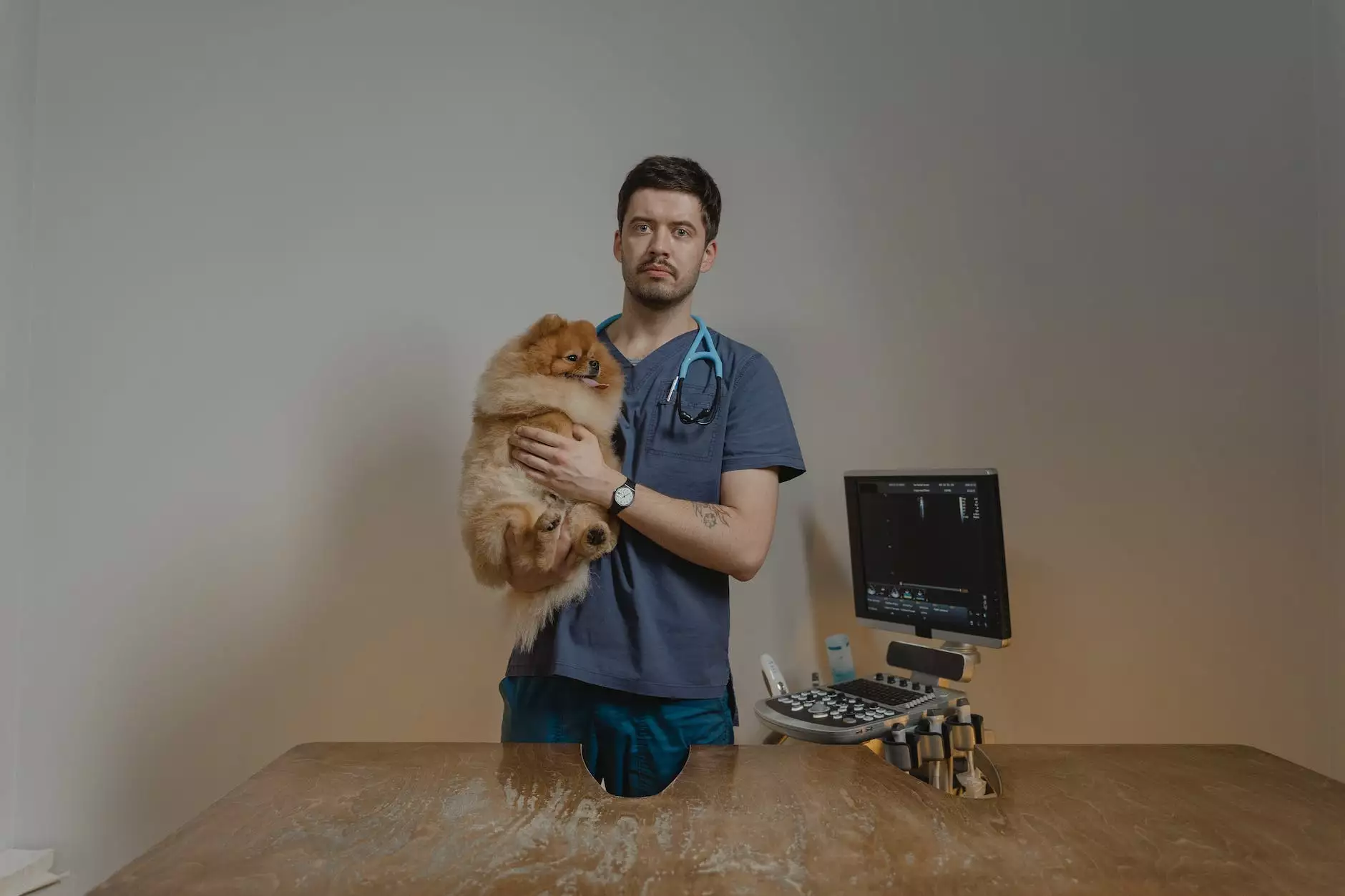The Importance of Animal Drugs in Maintaining Pet Health

Understanding the Role of Animal Drugs
Animal drugs play a crucial role in the healthcare of pets and livestock, serving as vital tools for treatment and prevention of diseases. From antibiotics that combat infections to vaccines that protect against deadly viruses, the spectrum of animal drugs is extensive. This article will delve into the various categories of veterinary drugs, their applications, and their overall significance in the veterinary field.
The Categories of Animal Drugs
Animal drugs can be classified into several categories:
- Antibiotics: Used to treat bacterial infections in animals.
- Vaccines: Preventive medicines to immunize pets against various diseases.
- Anti-inflammatory drugs: Help to reduce inflammation and pain.
- Parasite control medications: Target and eliminate external and internal parasites.
- Anesthetics: Used during surgical procedures to ensure pets remain unconscious and pain-free.
The Importance of Veterinary Expertise
The administration of animal drugs should always be guided by veterinary expertise. Veterinarians are trained professionals who understand the complexities of animal health. They can prescribe appropriate medications based on specific conditions and species, ensuring safe and effective treatment. This highlights the necessity of regularly consulting a qualified veterinarian for your pet’s healthcare needs.
The Role of Pharmacies in Pet Health
Pharmacies specializing in veterinary medicines play an essential role in the distribution of animal drugs. They ensure that these medications are accessible to pet owners while maintaining high standards of quality control. When it comes to purchasing animal drugs, here are some tips to consider:
- Always choose a pharmacy that operates under proper regulations and guidelines.
- Consult your veterinarian before making any purchases.
- Inquire about the expiration dates and storage conditions of the medications.
- Look for pharmacies that offer a wide range of veterinary products.
The Impact of Animal Drugs in Pet Stores
Pet stores are becoming increasingly important in the healthcare landscape of animals, primarily due to their accessibility and variety of products. They often stock a selection of over-the-counter animal drugs that can aid in various health maintenance aspects. Here is how they contribute:
- Health Supplements: Many pet stores offer dietary supplements designed to support your pet’s immune system and overall health.
- OTC Medications: Non-prescription medications for minor ailments, like flea treatments and skin irritations, can be found in pet stores.
- Educational Resources: Reputable pet stores often provide informative resources to educate owners about the proper use of animal drugs.
Best Practices for Administering Animal Drugs
Administering animal drugs requires careful consideration and adherence to best practices. Here are some guidelines to follow:
- Follow the Vet's Prescription: Always adhere to the dosage and frequency outlined by your veterinarian.
- Monitor Your Pet's Reaction: Keep an eye on any adverse reactions or side effects after administering medication.
- Store Medications Properly: Ensure that medications are kept in a cool and dry place to maintain their efficacy.
- Educate Yourself: Understand the reasons behind each medication prescribed to your pet and ask questions if unclear.
- Keep Track of Medications: Maintain a log of administered drugs to avoid accidental overdoses or missed doses.
Innovations in Animal Drugs
The field of veterinary medicine is continuously evolving, with innovations that enhance the effectiveness and safety of animal drugs. Recent advancements include:
- Biologics: These are derived from living organisms and have shown promise in treating various conditions.
- Genetic Therapies: Innovations in gene editing are paving the way for targeted treatments for genetic disorders in animals.
- Smart Medications: New formulations and delivery systems that allow for controlled drug release, minimizing side effects.
- Telemedicine: The rise of telehealth in veterinary practices allows for quicker consultations and guidance on animal drugs from the comfort of your home.
Challenges in the Animal Drugs Market
Despite the advancements and importance of animal drugs, several challenges exist in the market:
- Regulatory Hurdles: Strict regulations can limit access to vital medications.
- Counterfeit Products: There is a growing concern about counterfeit medications in the market which pose a severe risk to animal health.
- Resistance Issues: The increased use of antibiotics has led to resistance, complicating treatment options for infections.
Conclusion
In conclusion, animal drugs are indispensable in ensuring the health and well-being of our pets. By understanding their significance and functioning within veterinary practices, pharmacies, and pet stores, pet owners can make informed decisions about their furry companions' health. Collaborating with veterinarians, utilizing pharmacies, and making educated choices in pet stores will lead to healthier lives for our beloved pets. Remember, always consult with a veterinary professional when it comes to animal drugs for the safest and most effective care for your pets.









